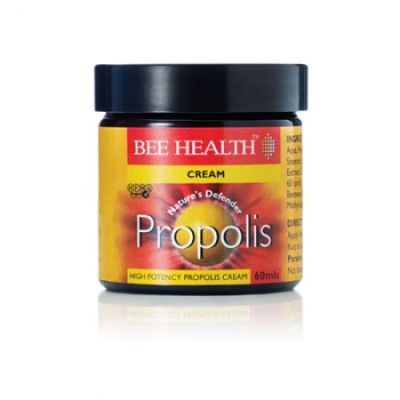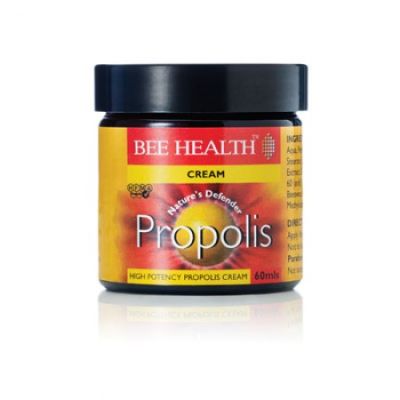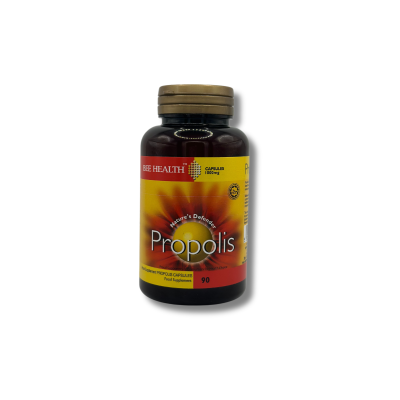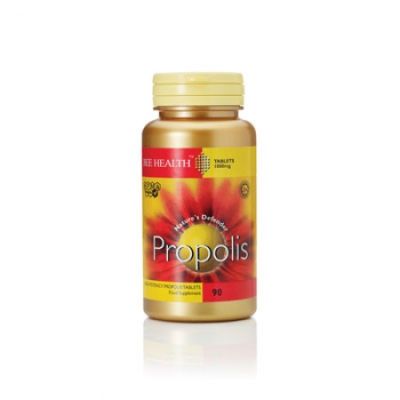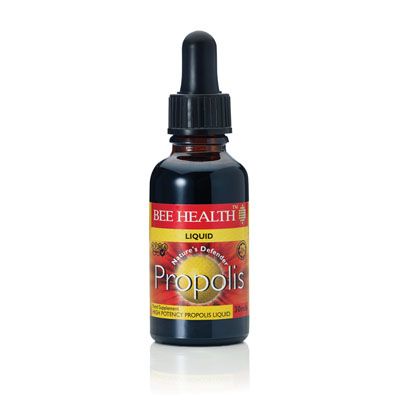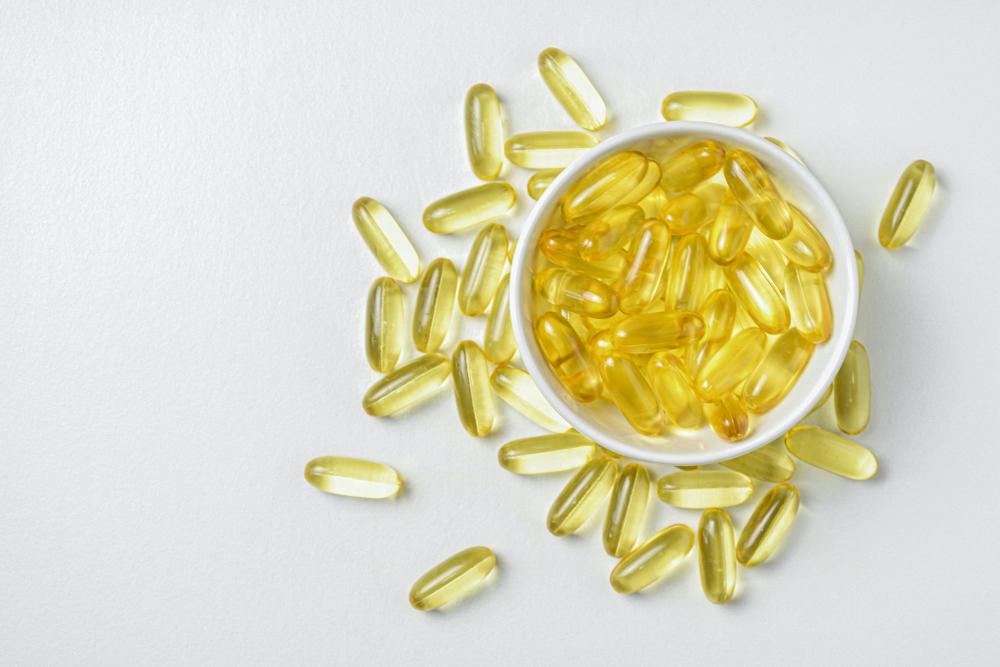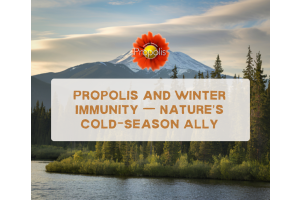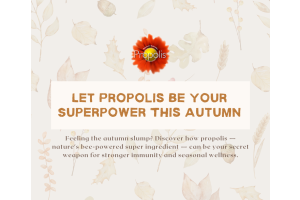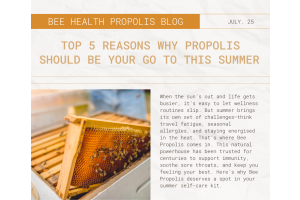Boost your immune system naturally with bee propolis
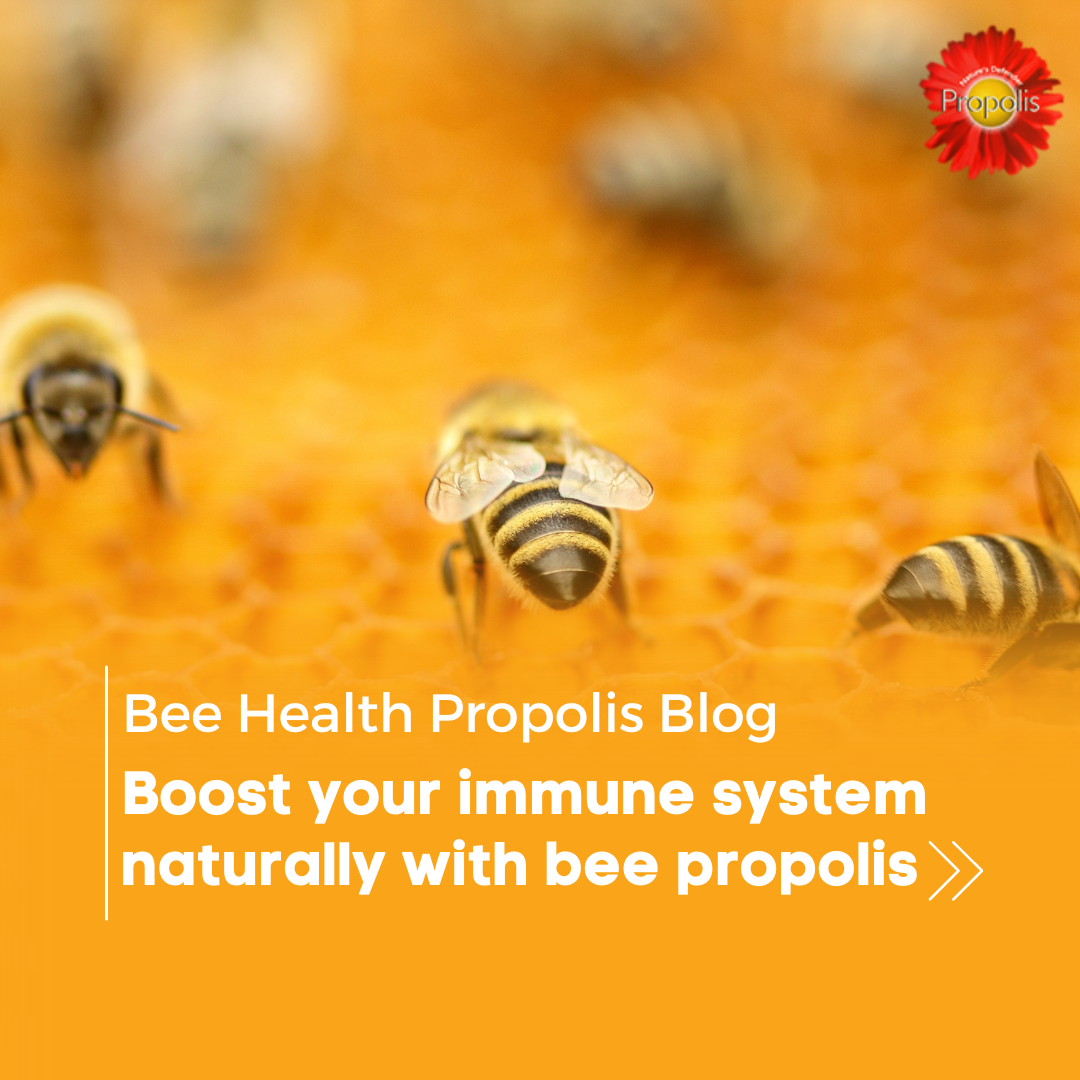
Natural immune boosters are gaining significant attention from the health community as people shun artificial products, and bee propolis is one of the favourites.
Bee propolis stands out as a potent ally in strengthening our body's defences because honeybees produce it in their hives to combat infection and eliminate pathogens from their enzymes. They literally need it to survive.
Could it be the key to naturally boosting your immune system? Plenty of scientists think it shows excellent promise.
Nature's immune enhancer
Propolis is a centuries-old traditional medicine, and modern science is now unveiling the mechanisms behind its immune-boosting properties.
The highlights:
· Flavonoids like quercetin, pinocembrin, and kaempferol in propolis are powerful antioxidants, helping neutralise free radicals, reducing oxidative stress, and supporting overall immune function.
· Caffeic acid, ferulic acid, and cinnamic acid contribute to propolis's anti-inflammatory and antimicrobial properties.
· Artepillin C - most abundant in Brazilian propolis - shows impressive immune-modulating effects, enhancing the body's natural defence mechanisms.
Propolis is rich in over 300 biologically active compounds, offering a multifaceted approach to supporting the immune system.
How bee propolis supports immunity
Antibacterial
Bees make propolis to secure their hives against bacteria, and thanks to scientific study, we now know why – because it has significant broad-spectrum antibacterial activity against gram-positive and gram-negative bacteria.
The difference between a gram-positive and gram-negative bacterium is determined by its cell wall structure – positive types have thick walls of peptidoglycan layers, while negative ones have a thin wall with an outer membrane.
Using bee propolis as a topical cream or as a supplement, such as a lozenge, can provide antibacterial compounds that assist in clearing bacterial infections. It's even effective against some antibiotic-resistant strains, like MRSA.
Antiviral
Propolis can inhibit viral replication and entry into cells from some pathogens, potentially offering protection against various viral infections.
The linked study shows that bee propolis has antiviral effects against both DNA and RNA viruses, including herpes simplex viruses (HSV-1 and HSV-2), influenza viruses, adenoviruses, poliovirus, and coronaviruses.
The potent antioxidants in propolis also protect immune cells from oxidative stress, allowing them to function more effectively.
Anti-inflammatory
Research reveals that propolis interferes with inflammatory signalling pathways, downregulating the NF-κB, MAPK, and STAT3 pathways crucial in the inflammatory cascade.
It can also stop the infiltration of neutrophils and macrophages (inflammation signals) into tissues and release the anti-inflammatory M2 phenotype.
If all that sounds too medical, put it this way: bee propolis can turn down the volume on inflammatory signals in your body.
Antifungal
Propolis's effectiveness against various fungal species makes it possible for it to become an active ingredient in antifungal medicines.
Propolis inhibits Candida species (e.g., C. albicans, C. glabrata, C. krusei) and some moulds, such as Aspergillus and Penicillium.
Propolis's antifungal potency varies depending on its geographical origin, botanical sources, and extraction methods. This variability can be both a strength (diverse activities) and a challenge (standardisation issues).
Making propolis part of your routine
Capsules or tablets provide a concentrated dose of propolis's beneficial compounds, while propolis lozenges and throat sprays offer localised immune support for the mouth and throat, common entry points for pathogens.
The options in more detail:
· Propolis liquids are another decent food additive option.
· Capsules and tablets are best for propolis with a drink.
· Lozenges– perfect for treating a sore throat and gum inflammation.
Safety and considerations
Some people are allergic to bee products. If you have ever reacted to them, we recommend consulting your doctor before taking propolis, especially if you have existing health conditions or are taking medications.
Always start with a small amount to test for any adverse reactions, and feel free to step the dosage down if you want to ease into it.
Also, while propolis can be a valuable addition to your health regimen, it should complement, not replace, a balanced diet, regular exercise, medications, and other healthy lifestyle practices. It's a supplement, nothing more.
Other bee products
Bee pollen and honey are two additional bee products worth a whirl.
Honey needs no introduction—you've probably got some in your cupboard. It's perfect to sweeten your tea and delicious on porridge. An instant energy kick is guaranteed, and some honey is high in antioxidants that can boost immunity.
Bee pollen is more of a wildcard than honey, but it makes sense when you know it contains vitamins, minerals, and antioxidants that can decrease inflammation and relieve seasonal allergies. It comes raw, powdered, or in a capsule. Shop here for our Bee Pollen capsules
Summing up
The unique bioactive compounds in bee propolis include antimicrobial, anti-inflammatory, and antioxidant helpers that can fortify your immunity and aid recovery.
For example, throat infections are less harsh with propolis lozenges, and propolis liquid can modulate the gut microbiota (according to animal studies).
However, wild claims about propolis being a miracle cure for seasonal allergies or throat infections are best ignored. There isn't any scientific evidence for these claims, so it's up to you, the consumer, to test the benefits.
Most people try bee propolis as an overall health booster, and there's certainly no harm in giving it a go unless you are allergic to bee products.

